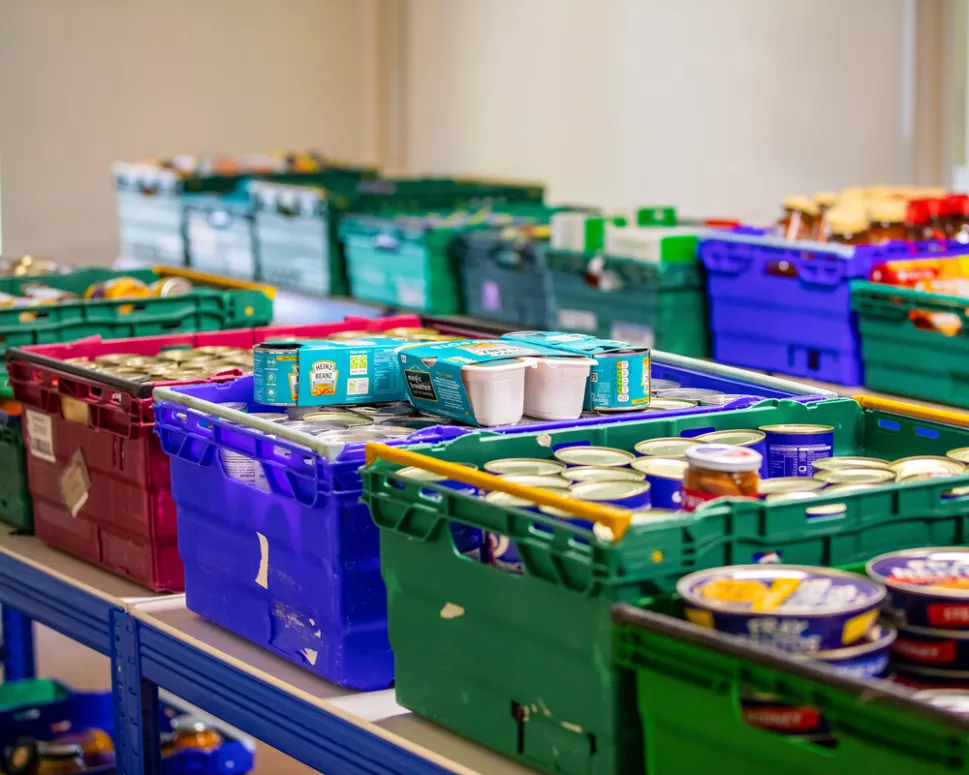Here’s what needs to change to end the need for food banks
In the last year, food banks in the Trussell Trust network distributed more than 3.1 million emergency food parcels – the highest number in our history.
This is not a new record anyone wanted to set.
These statistics help to shine a spotlight on the extent of hardship facing communities across the UK. This year, as we approach the forthcoming general election, we must also use them to draw attention to the solutions that can finally reverse this horrifying trend of ever-increasing food bank need.

There has been a shocking 94% increase in the number of emergency food parcels distributed by Trussell Trust food banks compared to five years ago. But our latest stats also show that the UK government’s cost of living support payments led to a short-term reduction in the need for food banks in our network each time these payments were made. The challenge now is to sustain that downward trend.
We have heard a lot from politicians in recent weeks about the need for changes to our social security system, particularly when it comes to payments for disabled and sick people. Plans to remove crucial financial support will neither improve the nation’s health nor grow the economy. They will only force more people to go without the essentials, making it even harder to find appropriate work.
Instead, we need a social security system that is fit for purpose and cross-government action to ensure everyone has enough for the essentials.
It’s not right that our social security system doesn’t currently provide enough to protect people from needing to skip meals, switch off essential appliances, and sit in cold, dark homes. An Essentials Guarantee in Universal Credit would ensure the basic rate at least covers life’s essentials and that support can never be pulled below that level.
Alongside an Essentials Guarantee, we need a long-term approach to discretionary local crisis support that prioritises cash grants and advice over the provision of emergency food and other goods. This is particularly urgent given the funding crisis facing councils and the end of the Household Support Fund in September this year.
If we combine these changes, with much more effective employment and financial support for parents, carers and disabled people, more secure and flexible jobs and investment in social housing, then we’ll have the right building blocks in place to consign the need for food banks to history.
Together we can choose to prioritise turning the tide on the rising need for food banks for good.
This election year, we’ll be looking to all political parties to set out how they will build a future where no one needs a food bank to survive.